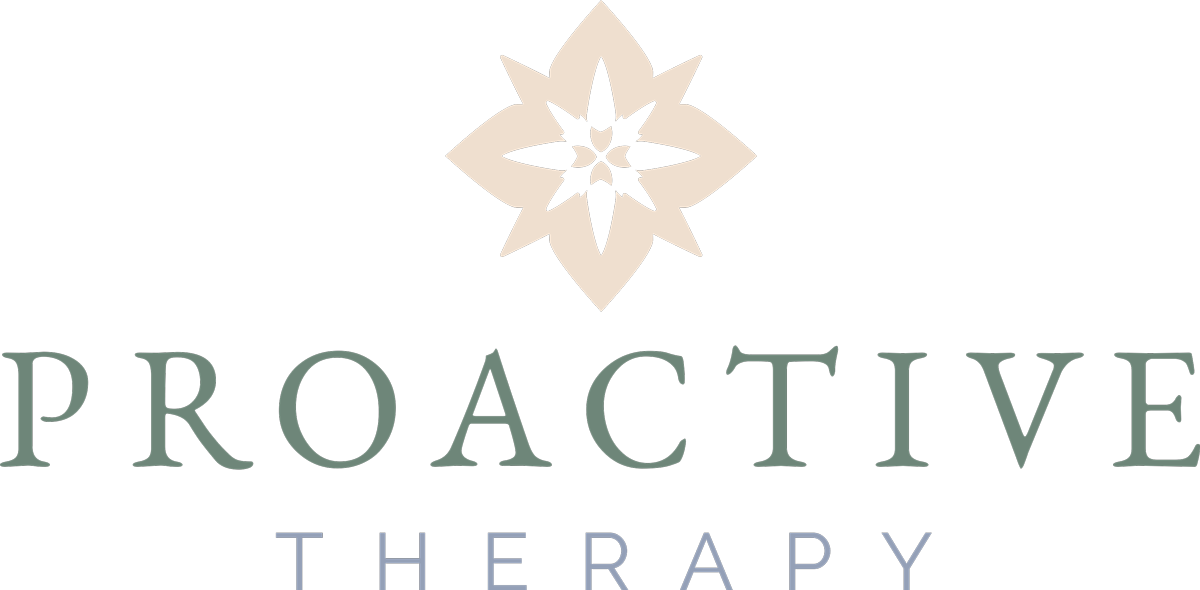What to Share in the Chair: Ten conversation starters for When You Don’t Know What to Say in Therapy
Therapy can be a transformative and healing experience, offering folks a safe and supportive space to explore their thoughts, feelings, behaviors and goals. While you may recognize that therapy could benefit you, you may also feel uncertain about what to say once you get started. Many people wonder what they should talk about during therapy sessions or hit a point where they aren’t sure what else to explore. Whether you're considering starting therapy or have been in therapy for a while, knowing what to discuss can sometimes be a challenge. In this blog post, we'll provide 10 ideas for conversation starters to help you make the most out of your therapy sessions.
1) Your Current Concerns
One of the most straightforward and productive topics to discuss in therapy is your current concerns and challenges. Whether it's work-related stress, relationship issues, anxiety, depression, or any other personal difficulty, sharing what's on your mind allows your therapist to gain a deeper understanding of your situation. Current events in your life or reactions to global news can also be the start of a meaningful discussion about your values and thought processes.
2) Your Thoughts and Feelings
Therapy is a safe space to explore your feelings and thoughts, even if they seem confusing or overwhelming. Be open about your emotional experiences, such as sadness, anger, fear, or joy. By discussing your emotions, you can better understand them and learn better ways to cope with them. Sharing your thoughts, even the “scariest” or “meanest” things your mind says to you, can help your therapist intervene by showing you new ways of looking at your thoughts and new ways of responding to them. Your therapist also may be able to look at patterns of thinking and feeling and connect these to behaviors that you want to change. Thoughts and feelings are one of the most useful things to talk about in therapy.
3) Your Goals for Therapy or What You Hope Will change
It's essential to discuss your therapy goals and what you hope to achieve through the therapeutic process. Whether you're seeking personal growth, relief from worries, improved relationships, the ability to be more present in your life, or better coping mechanisms, clarifying your objectives with your therapist helps ensure that you're both on the same page and working towards common goals. It’s helpful to check in on your goals at least on a monthly basis. If the word “goals” throws you off and makes you think about work or New Year’s Resolutions, try imagining your life six months from now and what you hope will be different. Begin by sharing that vision with your therapist and they can help you turn that vision into something concrete to work towards.
4) Reflect on Your Week
Start small. Think about your week — the minor irritations, the moments of joy, the neutral events. Seemingly insignificant details can lead to profound insights about unworkable patterns in your life.
5) Discuss the 'Why'
Diving into why you might not have anything to discuss can be a conversation in itself. Are you avoiding certain topics? Do you feel resistance or fear? Are you afraid to experience emotion during the session? This meta-conversation can open many doors.
6) Use Creative Expression
Words aren't the only way to communicate. Drawing, writing, movement or music may help you express things that are hard to put into words. Creative expression can provide an alternative outlet for emotions. It can be a cathartic process, helping to release pent-up feelings or helping you access an emotional experience in a new way.
7) Discuss Past Sessions
Revisiting past topics from therapy sessions can lead to new insights. Perhaps your feelings or thoughts on a matter have changed, and that in itself can be a rich area to explore.
8) Relationships and Communication
Interpersonal relationships often play a crucial role in our lives. Talking about your relationships, whether with family, friends, or romantic partners, can help you identify areas of improvement and develop healthier communication and coping strategies. Your therapist can offer guidance on building more fulfilling connections.
9) Self-Care and Coping Strategies
Therapists can provide valuable insights into self-care techniques and coping strategies tailored to your specific needs. Discuss your current self-care practices and any challenges you face in managing stress or emotions. Your therapist can help you develop effective self-care routines and help you trouble shoot what might be getting in the way of your follow through.
10) Progress, feedback, and Reflection
Regularly assess and reflect on your progress in therapy. Discuss the insights and changes you've experienced as you work through your issues and also if and when you’re feeling stuck and think you may need something different. This self-reflection not only helps you acknowledge your growth but also allows your therapist to adjust their approach as needed.
Finally, it’s Okay to Embrace the Silence!
Silence can be uncomfortable, but it can also be revealing. It's okay to sit with the quiet and see what shows up. Sometimes allowing open space can help you become more intentional about what you focus on and talk about in therapy.
Therapy is a collaborative journey, and nothing is off limits. It's okay to dive into the messy stuff – that's often where the real magic happens. Lean on your therapist like a trusted friend, and bit by bit, they’ll help you sort through the tangle of thoughts and feelings, and help you move towards a place of greater peace and self-understanding.
